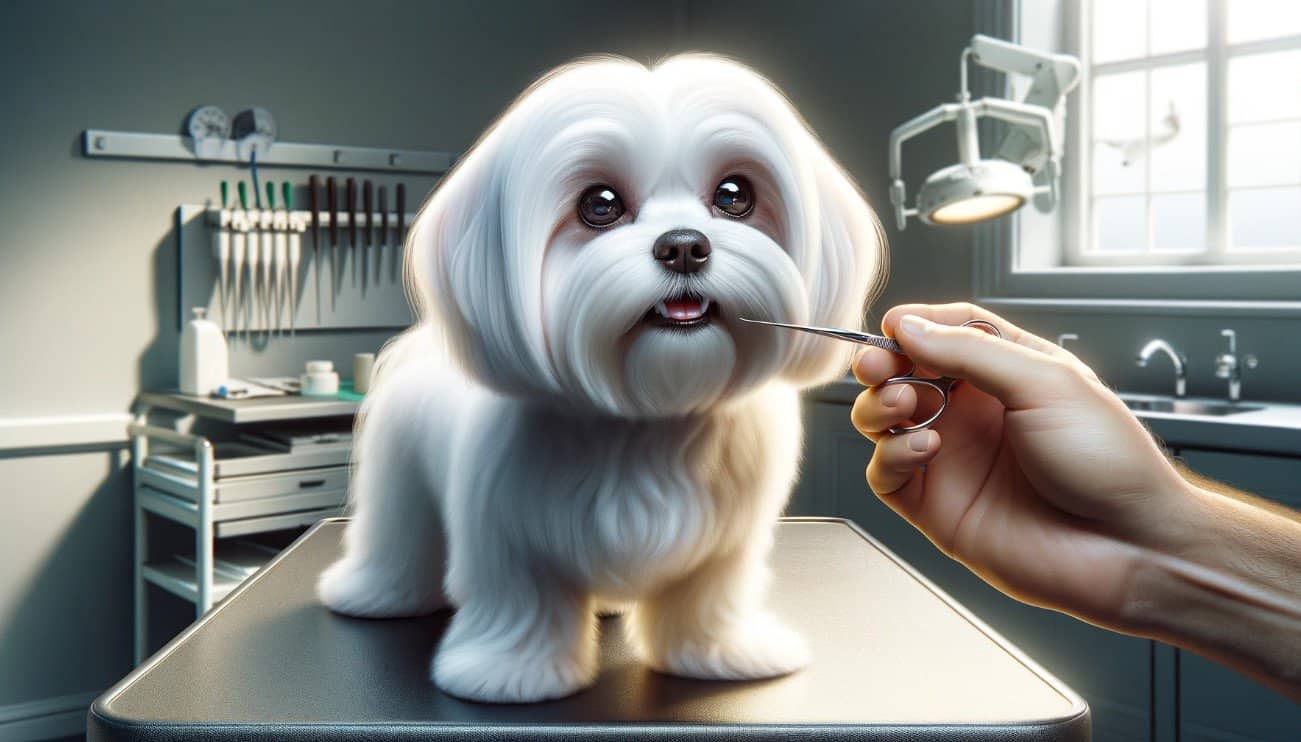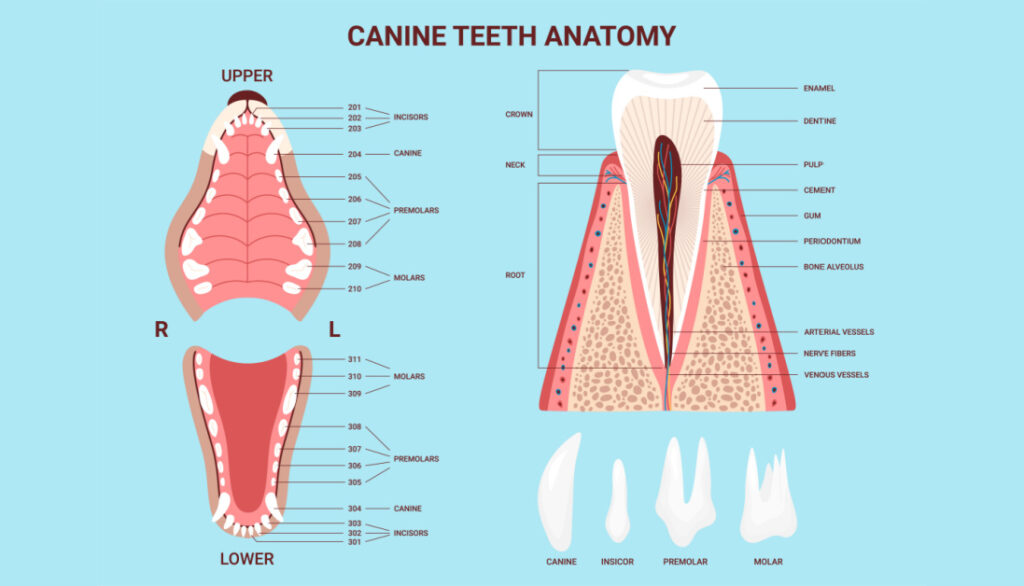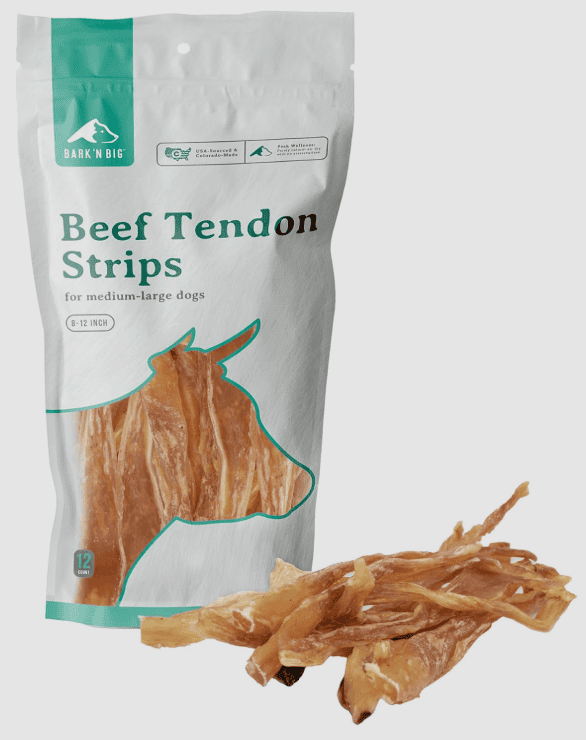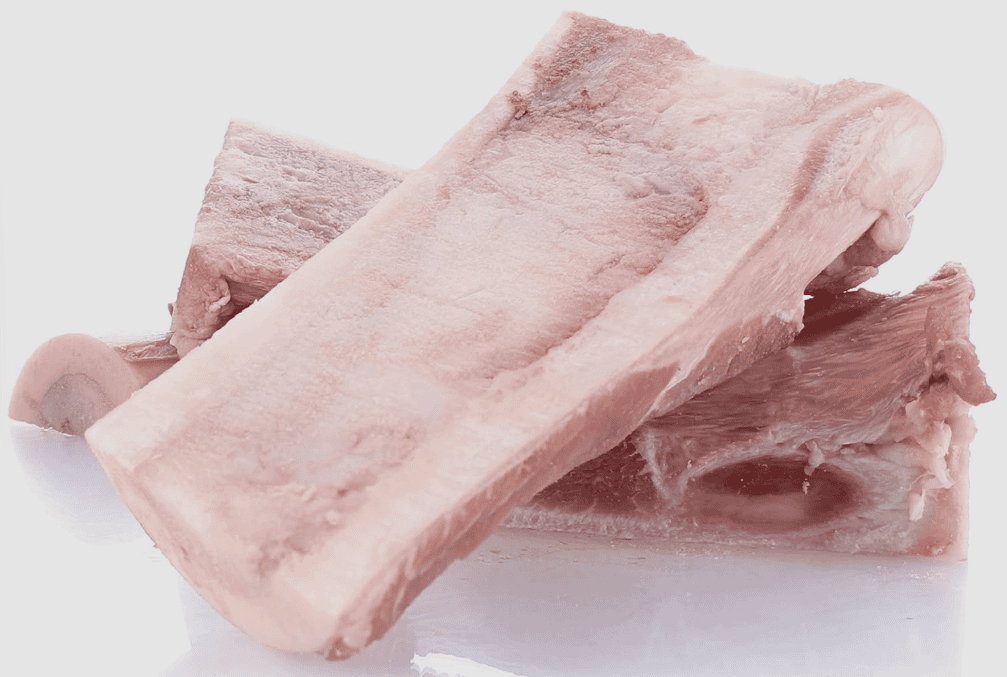Hi there, fellow dog lover! I’m Dr. Candy, your holistic veterinarian. Today, we’re going to talk about a topic that is often overlooked but vitally important to your furry friend’s wellbeing – Maltese Dental Health. Just like us, our canine companions can suffer from a range of dental issues, and Maltese are no exception. In fact, this breed is particularly susceptible to certain oral health problems.

Keeping your Maltese’s teeth clean and healthy is about more than just avoiding bad breath. Good oral health is crucial to their overall health. Dental diseases in Maltese can lead to pain, difficulty eating, and even serious systemic issues affecting the heart, liver, and kidneys.
So, whether you’re a seasoned Maltese parent or considering bringing one of these adorable pups into your home, it’s crucial to understand their dental health needs. Let’s dive into the world of Maltese oral health and explore how we can keep those pearly whites sparkling and healthy. Get ready to smile!
Signs of Dental Disease in Maltese
As a dedicated pet parent, it’s crucial to be aware of the signs of dental disease in your Maltese. This knowledge can help you take swift action, ensuring your furry friend’s mouth remains healthy and pain-free. Maltese dental health is a crucial part of their overall wellbeing, so let’s dive right in.
The first sign of dental disease in Maltese is bad breath. While it’s normal for dogs to have a slightly different breath odor than humans, persistent foul-smelling breath is a red flag. Another sign is difficulty eating or loss of appetite. If your Maltese seems uninterested in food or struggles to chew, it can indicate dental pain or discomfort.
Next, look for excessive drooling or bleeding from the mouth. These symptoms often suggest gum disease or other oral health issues. Discolored or loose teeth are also indicative of dental disease. Healthy dog teeth should be white or just slightly yellow. Any brown or black stains, or teeth that seem loose or wobbly, warrant immediate veterinary attention.
Physical changes to your Maltese’s mouth and face can also be telling. Swelling in the cheek area or changes in the shape of the mouth can be signs of dental disease. Similarly, pawing at the mouth or face is a common sign that your pet is experiencing oral discomfort.
Behavioral changes may also occur. If your normally playful and active Maltese becomes lethargic or uninterested in play, it could be due to dental pain. Remember, dogs are experts at hiding pain, so any change in behavior should be taken seriously.
- Bad breath
- Difficulty eating or loss of appetite
- Excessive drooling or bleeding from the mouth
- Discolored or loose teeth
- Swelling in the cheek area or changes in the shape of the mouth
- Pawing at the mouth or face
- Behavioral changes such as lethargy or lack of interest in play
Remember, early detection is key in treating dental diseases. Regular check-ups and home care are crucial for maintaining your Maltese’s dental health. If you notice any of these signs, it’s important to seek veterinary care right away. Your dog’s oral health is an integral part of their overall well-being, and your vigilant care can go a long way in keeping them healthy and happy.

Common Dental Health Issues in Maltese
As a veterinarian, I often see Maltese dogs with various dental health issues. Their small size and genetics make them prone to certain conditions. Understanding these common issues can help you maintain your Maltese’s dental health effectively.
Periodontal Disease: This is the most common dental issue seen in Maltese dogs. It involves inflammation and infection of the structures around the teeth, including the gums, periodontal ligament, and alveolar bone. Regular Maltese teeth cleaning and check-ups can help prevent this disease.
- Tooth Decay: Maltese dogs are also prone to tooth decay due to their small mouth size and overcrowded teeth. This can lead to cavities and tooth loss if not treated promptly.
- Gingivitis: This is the early stage of periodontal disease, characterized by inflammation and redness of the gums. It’s often caused by plaque buildup.
- Oral Tumors: While not as common, oral tumors can occur in Maltese dogs. Regular oral examinations can help detect these tumors early.
These are just a few of the common dental health issues that can affect your Maltese. Regular dental care, including professional cleanings and home care, can help prevent these issues and ensure your Maltese maintains good oral health. Remember, Maltese dental health is a vital part of their overall well-being, so don’t neglect it!

Conventional Dental Health Treatments
When it comes to maintaining your Maltese’s dental health, conventional treatments are often the first line of defense. These treatments are designed to tackle the dental diseases that commonly affect Maltese dogs. Let’s delve deeper into these treatments.
Anesthetic Dental Cleanings
One of the most common dental treatments for Maltese dogs is anesthetic dental cleaning. This procedure involves your pet being put under anesthesia so that a thorough cleaning can be performed. The process removes plaque and tartar buildup from your dog’s teeth, which can lead to gum disease and tooth decay if left untreated.
Despite the effectiveness of anesthetic dental cleanings in maintaining Maltese dental health, it’s essential to understand that this procedure is not without risks. The use of anesthesia, while generally safe, can sometimes lead to complications, especially in dogs with certain health conditions.
Potential Individual Health Obstacles
Before your vet recommends an anesthetic dental cleaning, they will evaluate your pet’s overall health. Certain factors can make anesthesia riskier. For instance, Maltese dogs with heart problems can face increased risks during anesthesia. Drug sensitivities can also pose an obstacle, as some dogs may react adversely to the anesthetic agents used.
Seizures are another health issue that could complicate the use of anesthesia. If your Maltese has a history of seizures, special precautions may need to be taken. Additionally, the age of your pet plays a significant role. Older dogs, or those in extreme age, may have a higher risk of complications from anesthesia.
Despite these potential obstacles, don’t let this deter you from seeking dental care for your Maltese. A good vet will always weigh the benefits and risks before recommending a treatment. Remember, maintaining good dental health is essential for your Maltese’s overall well-being.
So, when it comes to your Maltese dental health, conventional treatments like anesthetic dental cleanings can be highly beneficial. However, it’s crucial to understand the potential health obstacles and ensure your pet is healthy enough for the procedure. After all, our four-legged friends deserve the best care we can provide.
Dr. Candy’s Holistic Approach To Oral & Dental Health
As a pet parent, you’re always looking for the best ways to ensure your Maltese’s health, and that includes dental health. Let me share with you my holistic approach to maintaining Maltese dental health.
Diet – Low Carbs, Avoid Added Sugars, Enzymes In Fresh Food
Firstly, diet plays a crucial role in your Maltese’s oral health. A diet low in carbs is beneficial as carbohydrates can lead to plaque accumulation. Avoiding added sugars is also essential as sugar can cause tooth decay. Instead, focus on providing your Maltese with fresh foods rich in enzymes. These enzymes can naturally clean your pet’s teeth and promote good oral health. Here are some fresh foods that are great for your Maltese’s dental health:
- Raw carrots: They act as a natural toothbrush, scrubbing off plaque and tartar.
- Apples: They are rich in fiber and help to clean your dog’s teeth.
- Leafy greens: They are low in sugar and high in fiber, which can help keep your Maltese’s teeth clean.
Oral Health Specific Probiotics
Besides diet, probiotics specifically designed for oral health can also contribute to your Maltese’s dental health. These probiotics can help maintain a balanced oral microbiome, which is crucial for preventing dental disease.
I highly recommend Probiora for Dogs, an oral health targeted probiotic. It’s designed to support your pet’s oral health by maintaining a healthy balance of good bacteria in the mouth. This can help prevent plaque buildup, bad breath, and gum disease. You can easily purchase it from my affiliate link here.
Remember, a holistic approach to Maltese dental health is not just about regular teeth cleanings. It’s about creating an environment in your pet’s mouth that discourages the growth of harmful bacteria. This can be achieved through a balanced diet, regular dental care, and the use of oral health specific probiotics. With these steps, you can ensure your Maltese maintains a bright and healthy smile!

Nothing can compare to the delight of coming home to your Maltese’s excited tail wags and sweet kisses. But, what if those kisses come with bad breath due to poor dental health? To ensure this doesn’t happen, let’s talk about the importance of dental chews and products, specifically for your Maltese.
The Failure of Commercially Promoted Dental Chews
Many of us have fallen for the attractive packaging and persuasive marketing of commercially promoted dental chews. However, not all that glitters is gold. These products often contain artificial flavors, colors, and preservatives that are not beneficial for Maltese dental health. They can also be high in carbs and sugars, leading to weight gain and other health problems. Even worse, some dental chews can be too hard for your Maltese’s small teeth, leading to fractures and injuries. And let’s not forget about drinking water additives, which can harm the beneficial bacteria in your dog’s gut.
Dr. Candy’s Recommended Dental Chews & Products
So, what should you opt for instead? Dr. Candy recommends natural and single-source protein dental chews for your Maltese. These include:
Tendons
Tendons are a fantastic natural chew for your Maltese. They are tough and fibrous, which helps to scrape off plaque and tartar from your dog’s teeth. Plus, they are a good source of protein and collagen, promoting good joint health.

Raw Marrow Bones
Raw marrow bones are another excellent choice for maintaining your Maltese’s dental health. They are a natural source of calcium and phosphorus, which are essential for healthy teeth and bones. Furthermore, the act of gnawing on bones can help to clean your dog’s teeth and gums.

Bully Sticks
Bully sticks are made from 100% beef muscle, providing a natural and digestible chew for your Maltese. They can effectively remove plaque and tartar and are a good source of protein. However, always supervise your dog while they’re chewing on a bully stick to prevent any choking hazard.

Dr. Candy also recommends some specific dental health products for your Maltese, such as toothpaste formulated for dogs and toothbrushes that are the right size for your Maltese’s small mouth. Regular brushing, along with the right chews, can go a long way in maintaining your Maltese’s dental health.
Remember, every dog is unique, so what works for one might not work for another. Always consult with your vet before introducing any new products into your pet’s routine. Maltese dental health is crucial for their overall wellbeing, so let’s ensure we’re making the right choices for our furry friends.
Frequently Asked Questions
1. How often should I brush my Maltese’s teeth?
It is recommended to brush your Maltese’s teeth at least 2-3 times a week to maintain good dental hygiene and prevent bad breath. Regular brushing helps remove plaque and tartar buildup.
2. What kind of toothpaste should I use for my Maltese?
It is important to use a toothpaste specifically formulated for dogs. Human toothpaste contains ingredients that can be harmful to dogs if swallowed. Look for toothpaste with flavors that are appealing to dogs, such as poultry or beef.
3. Are dental chews or treats beneficial for my Maltese’s dental health?
Yes, dental chews or treats can be beneficial for your Maltese’s dental health. They help in reducing plaque and tartar buildup by promoting chewing and saliva production. However, make sure to choose dental chews that are appropriate for your dog’s size and avoid those with excessive additives or fillers.
4. Can a Maltese develop dental problems even with regular maintenance?
Yes, even with regular dental maintenance, Maltese dogs can still develop dental problems. Some dogs are more prone to dental issues due to genetics or other factors. Regular dental check-ups with a veterinarian are important to identify and address any potential problems early on.
5. How can I prevent bad breath in my Maltese?
To prevent bad breath in your Maltese, it is crucial to maintain good dental hygiene. Besides regular brushing, you can also provide dental toys or engage in teeth-cleaning activities like using dental wipes or rinses. Additionally, a balanced diet and regular veterinary check-ups can help ensure your Maltese’s overall oral health.
